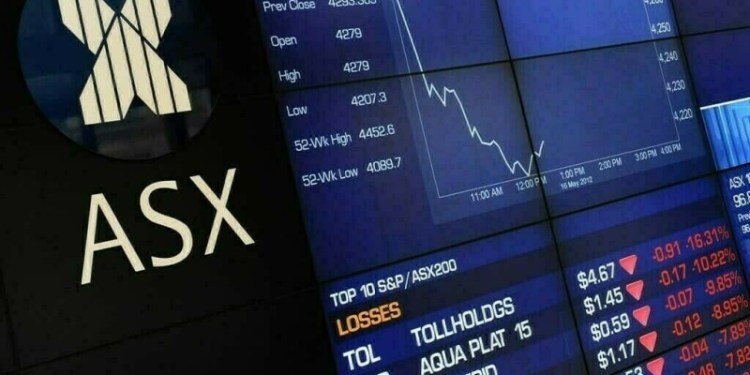Australian shares rose on Friday but ended the week marginally lower as miners slumped, reflecting dampened investor appetite after the country’s top trading partner China unveiled its latest stimulus package.
The S&P/ASX 200 index ended the session up 0.7% to 8,279.2 points, led by banking stocks as the local central bank continued to point towards high inflation, scrapping any expectations of an early rate cut.
However, the benchmark ended the week 0.2% lower.
“Wages are slowing and selling prices dropped; but given productivity remains weak, CPI outcomes remain more important, and the RBA still thinks underlying inflation remains too high,” UBS said, holding on to 25 basis points cut estimate in May.
Australian shares inch higher ahead of October jobs data
Financials ended the session up 1.4% and rose 2% for the week, bucking the broader trend of weekly declines.
Mining stocks dropped 1.5% for the day and 7.1% for the week, their worst since June 2022, dragged by declines in iron ore prices.
BHP, Rio Tinto and Fortescue lost between 7.6% and 9.5% for the week.
Investors have been moving out of mining and energy stocks through the week, as concerns around China’s $1.40 trillion stimulus package unveiled over the last weekend were compounded by Donald Trump winning the U.S. presidential election.
“U.S. tariffs on Australian goods are not expected to significantly impact the economy but a sharp decline in Chinese growth on the back of escalating trade tensions would be more harmful,” said brokerage Jarden.
Energy shares closed down 2.1% for the week, as investors read through OPEC’s downside revision for demand growth, a stronger U.S. dollar and the Chinese stimulus.
Woodside and Santos dropped 0.2% and 0.9% for the week.
Healthcare stocks also fell after Trump picked Robert F. Kennedy Jr., an environmental activist who has spread misinformation on vaccines, to lead his health agency.
New Zealand’s benchmark S&P/NZX 50 index ended almost flat.

Source: Brecorder






















